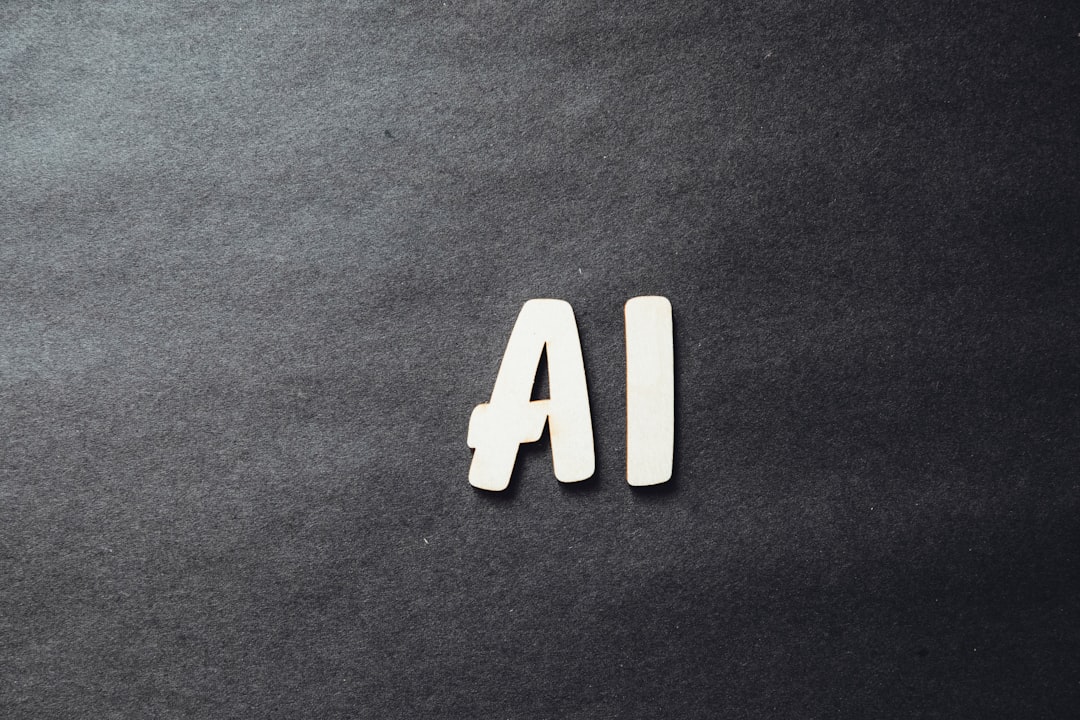How AI is Revolutionizing Modern Education: Key Insights

Discover how AI education is transforming classrooms, enhancing learning experiences, and shaping the future of teaching with innovative educational technologies.
Introduction
Artificial Intelligence (AI) is no longer a futuristic concept confined to science fiction; it has become an integral part of various sectors, including education. Artificial intelligence in schools is revolutionizing the way educators teach and students learn, offering personalized learning experiences, automating administrative tasks, and fostering an engaging educational environment. This transformation promises to enhance learning outcomes and prepare students for a technology-driven future.
A Brief History of AI in Education
The journey of AI in education began in 1956 when John McCarthy coined the term “artificial intelligence” during a pivotal workshop at Dartmouth College. Early AI systems focused on reasoning and human language processing but experienced a period of limited progress until technological advancements in the 1990s reignited interest. The release of Chat GPT in 2022 marked a significant milestone, demonstrating AI’s potential in natural language understanding and generation, which has since been leveraged extensively in educational settings.
Current Applications of AI in Education
Personalized Learning
One of the most significant impacts of AI in schools is the facilitation of personalized learning. AI-driven platforms analyze individual student data to tailor instructional content, allowing learners to progress at their own pace. This customization enhances student engagement and autonomy, as educational activities align with their unique learning styles and needs. By differentiating assignments and adopting data-driven practices, AI assists teachers in providing a more effective and individualized learning experience without increasing their workload.
Intelligent Tutoring Systems
AI-powered tutoring systems offer adaptive and accessible learning experiences by providing immediate feedback and tailored guidance based on student performance. These systems help bridge learning gaps, improve conceptual understanding, and allow teachers to focus on more complex instructional tasks. By handling routine activities and offering detailed insights into each student’s learning process, intelligent tutoring systems enhance both teaching efficiency and student outcomes.
Automated Grading and Feedback
Traditional grading methods can be subjective and time-consuming, often limiting the amount of constructive feedback teachers can provide. AI automates the grading process, ensuring consistency and objectivity while significantly reducing the time required to evaluate assignments. Immediate, detailed feedback from AI tools helps students improve their skills, particularly in areas like writing, by addressing grammatical and structural issues promptly. Teachers can then concentrate on assessing higher-order thinking skills, maintaining the integrity and depth of student evaluations.
Administrative Applications
AI simplifies administrative tasks such as lesson planning, content creation, and schedule management. By generating high-quality educational materials and organizing schedules efficiently, AI tools save valuable time for educators and administrators. School principals, for example, can use AI chatbots to handle routine communications and data analysis, enabling them to focus on strategic initiatives and relationship-building within the school community.
The Future of AI in Education
Ethical Considerations: Privacy, Bias, and Equity
As AI becomes more prevalent in education, several ethical concerns must be addressed to ensure its responsible use:
-
Privacy: AI systems often process vast amounts of student data. It is crucial to maintain transparency about data usage and implement robust data protection measures to safeguard student information.
-
Bias: AI algorithms can inadvertently perpetuate biases present in their training data, leading to unfair or discriminatory outcomes. Educators and developers must strive to create and use AI tools that are rigorously tested for fairness and inclusivity.
-
Equity: Access to AI technologies is not uniform across all student populations, potentially widening the digital divide. Schools should work towards providing equitable access to AI resources and training to ensure all students benefit from these advancements.
Addressing Student Use of AI
There is a growing concern that students might use AI to bypass genuine learning, such as relying on AI to complete assignments. To mitigate this, educators should design tasks that require personal engagement and critical thinking, which are difficult for AI to replicate convincingly. Additionally, teaching AI literacy is essential, helping students understand the capabilities and limitations of AI, and encouraging them to use these tools as learning aids rather than shortcuts.
Implementation Challenges and Best Practices
Integrating AI into educational settings comes with its set of challenges, including resistance to change, high implementation costs, and the need for adequate infrastructure. To navigate these hurdles, the following best practices are recommended:
-
Thorough Training: Provide comprehensive training for educators to effectively utilize AI tools in their teaching practices.
-
Equitable Access: Ensure all students have access to necessary AI technologies, bridging the digital divide.
-
Ethical Frameworks: Address privacy, bias, and equity concerns proactively by establishing clear ethical guidelines.
-
Open Communication: Foster a supportive community through transparent communication and collaboration among all stakeholders.
Conclusion
Artificial intelligence in schools is transforming modern education by personalizing learning, streamlining administrative tasks, and enhancing instructional quality. While the integration of AI presents significant opportunities, it also necessitates careful consideration of ethical issues such as privacy, bias, and equity. By adopting best practices and addressing these challenges thoughtfully, educators can harness the full potential of AI to create a more effective, engaging, and inclusive educational environment.
Ready to explore how AI can elevate your educational initiatives? Discover more at Invent AGI.
How AI is Revolutionizing Modern Education: Key Insights
Discover how AI education is transforming classrooms, enhancing learning experiences, and shaping the future of teaching with innovative educational technologies.




